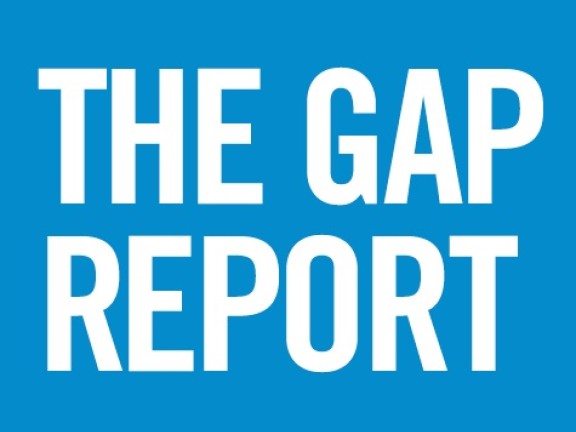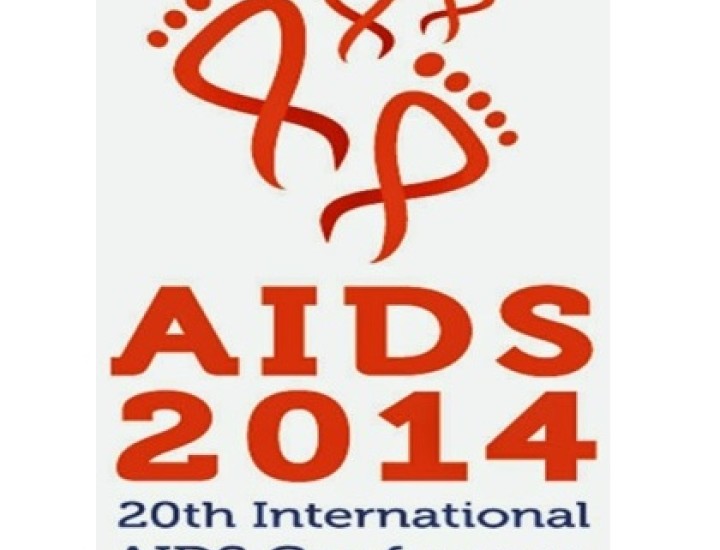Published July, 2014
The Gap Report, Joint United Nations Programme on HIV/AIDS (UNAIDS) (2014)

In the run up to the International AIDS Conference in Melbourne, Australia, UNAIDS, the Joint United Nations Programme on HIV/AIDS, published a major report on the obstacles that must be overcome to end the HIV epidemic worldwide. Called simply The Gap Report, this 400 page document notes that more than half of the 35 million people living with HIV in the world don’t know their HIV positive status. In the report’s forward, Michel Sidibé, Executive Director of UNAIDS, says, “Ensuring that no one is left behind means closing the gap between people (who) can get services and people who can’t, the people who are protected and the people who are punished.”
While there have been some advances in the global fight against HIV, the report cites several factors making the task much more difficult, among them, criminalization. Same-sex relationships have been criminalized in 78 countries. Sex work is illegal in 116 countries. Most countries have laws against injection drug use that erect barriers to effective harm-reduction efforts. HIV criminalization – the use of criminal law to prosecute and penalize people living with HIV for conduct that would be legal if they did not get tested or know their status – can serve as a disincentive for testing and treatment:
“Overly broad laws and prosecutions for HIV non-disclosure, exposure and transmission have been recorded in all regions of the world. Some 61 countries have adopted legislation that specifically allows for criminalization, while prosecutions for HIV non-disclosure, exposure and transmission have been recorded in at least 49 countries.” (page 122)
More people are prosecuted in the United States for violation of HIV-specific criminal statutes and general criminal laws with HIV as an aggravating factor than the rest of the world combined. The report notes that criminalization has the greatest impact on marginalized communities: gay men and men who have sex with men, injection drug users, sex workers and transgender women.
“The double stigma and discrimination of living with HIV and being a member of a marginalized population creates barriers to accessing services, including antiretroviral therapy, and to protecting human rights. Furthermore, politicians are not inclined to support programmes for marginalized and criminalized communities, especially during times of constrained national spending and competing public service needs.” (page 127)
The Gap Report calls for breaking the links between criminal prosecutions and access to testing and treatment, and recommends a broad array of confidential, voluntary testing options to reach the greatest number of people.
“Criminalization of HIV transmission, sexual behaviour and drug use is hampering the progress towards ending AIDS. There are certainly challenging human rights and stigma-related issues across the world, especially where the number of people acquiring HIV infection is increasing and not declining. Human rights issues must be taken on if the world wants to end the AIDS epidemic.” (page 300)
Copyright Information: CHLP encourages the broad use and sharing of resources. Please credit CHLP when using these materials or their content. and do not alter, adapt or present as your work without prior permission from CHLP.
Legal Disclaimer: CHLP makes an effort to ensure legal information is correct and current, but the law is regularly changing, and the accuracy of the information provided cannot be guaranteed. The legal information in a given resource may not be applicable to all situations and is not—and should not be relied upon—as a substitute for legal advice.
